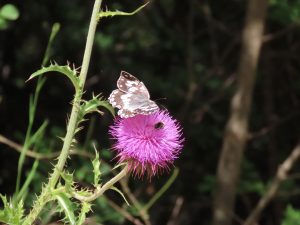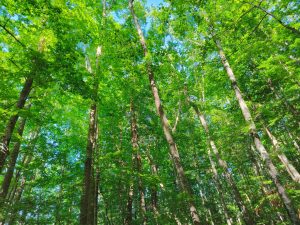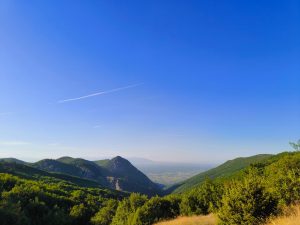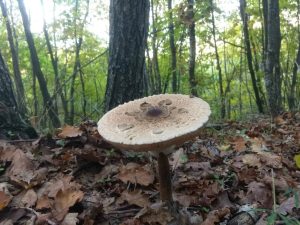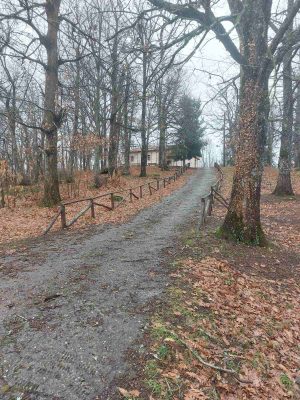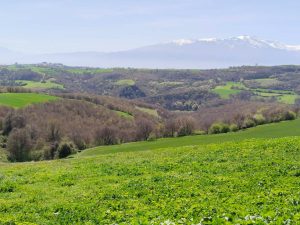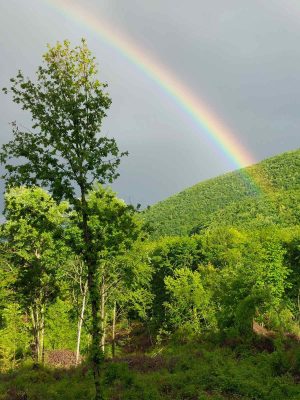FORESTS
Forests enrich our Lives and our Planet
Forests represent an important part of terrestrial biodiversity in which plants, animals, and micro-organisms coexist, creating a dynamic and ecological ecosystem, which directly or indirectly influences the wider environment and helps maintain ecological balance by affecting biological and ecological diversity.
Forest areas make a decisive contribution to the protection of genetic environmental wealth, hydrological balance and water quality, protection against soil erosion, wind protection, air quality, and landscape aesthetics.
In Philippos’ Forests, biodiversity is rich and vital in supporting the ecosystem’s ecological service.
The dominant species in Philippos’ Forests are:
- Hungarian oak (Quercus frainetto)
- Downy oak (Quercus pubescens)
- Chestnut (Castanea sativa)
- Beech (Fagus sylvatica)
- Manna ash (Fraxinus ornus)
- Oriental hornbeam (Carpinus orientalis)
- Cornel (Cornus mas)
- Linden (Tilia tomentosa & Tilia cordata)
- Black Pine (Pinus nigra)
- Kermes oak (Quercus coccifera)
- Cade (Juniperus oxycedrus)
- Jerusalem thorn (Paliurus spina-Christian)
- Old World sycamore (Platanus orientalis)
BIODIVERSITY
IN PHILIPPOS’ FORESTS

species of woody forest plants
Over
0

species of reptiles and amphibians
Over
0

ecosystem habitat types
Over
0

species of mammals
Over
0
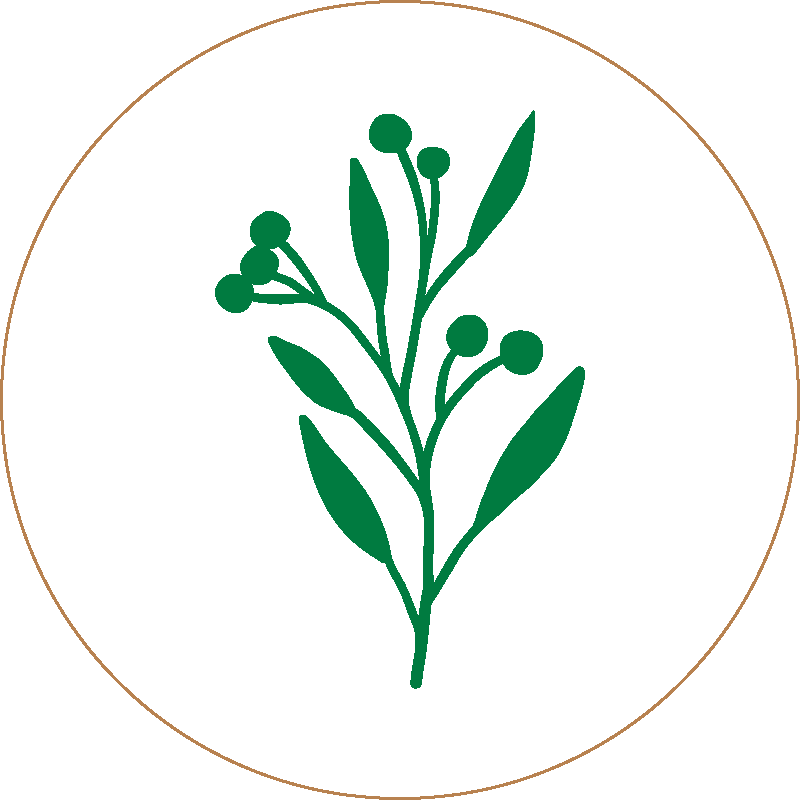
plant species
Over
0

species of birdlife
Over
0

